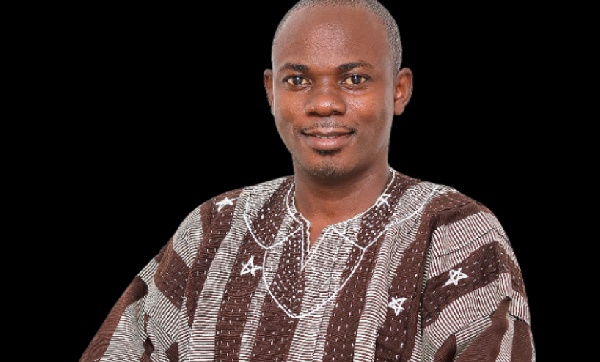 Dodzi Addison Mornyuie, the Central Tongu District Chief Executive
Dodzi Addison Mornyuie, the Central Tongu District Chief Executive
Mr Dodzi Addison Mornyuie, the Central Tongu District Chief Executive (DCE), has called on all stakeholders within the district to take active and sustained roles in protecting and promoting the rights of children with visual impairments.
His remarks were made during a public sensitisation programme on inclusive child welfare, where he stressed the importance of collaborative action beyond legislative frameworks.
“While laws such as the Children’s Act and the Persons with Disability Act provide essential protections, we must ask ourselves what society is doing daily to secure the dignity and well-being of these children,” Mr. Mornyuie stated.
“This is where the real contributions of our community stakeholders become indispensable.”
The DCE charged traditional leaders—chiefs and queen mothers—to use their respected positions to advocate for the inclusion and protection of children with visual impairments.
He urged them to confront and help dismantle harmful traditional beliefs that contribute to stigma, emphasizing the need to ensure such children are embraced rather than concealed or ostracized.
Mr Mornyuie also called on religious leaders, including pastors and chief imams, to promote compassion, dignity, and equal treatment through their teachings, sermons, and prayers.
He encouraged them to denounce all forms of discrimination and to guide their congregations toward supporting inclusive services.
He stated that non-governmental organizations (NGOs) and civil society organizations (CSOs) must lead the charge in advocacy, capacity building, and inclusive education efforts.
He noted that these organizations have a unique role in ensuring that children with visual impairments are not left behind but are integrated into every facet of society.
Addressing government institutions, Mr. Mornyuie emphasized the need for coordinated service delivery among the Ministry of Gender, Children and Social Protection, the Department of Children, the Ghana Education Service (GES), and the Department of Social Welfare.
He highlighted the importance of policy implementation, financial allocation, and training professionals to build a system that effectively supports inclusive development.
The DCE further underscored the role of schools and educators in embracing inclusive education by ensuring accessible learning materials, safe classroom environments, and supportive teaching methods for visually impaired students.
He also appealed to the media to steer public discourse and raise national awareness about the rights, abilities, and potential of children with visual impairments.
“This is not an act of charity; it is an issue of justice,” Mr. Mornyuie stressed. “Looking after children with visual impairments affirms their dignity, strengthens our communities, and upholds our shared values of equality and inclusion.”
